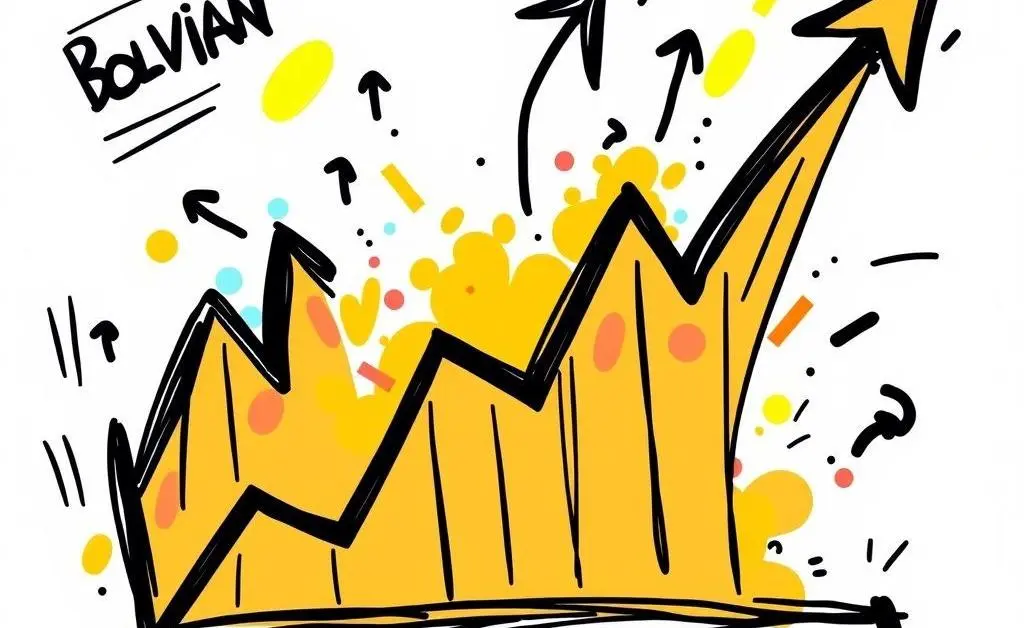Navigating the Potential of Government Investments in Corporations
Explore how government stakes in companies can impact the economy and investor strategies.

Ever wondered what happens when a government decides to purchase a stake in a major corporation? You're not alone. The idea can spark a lot of speculation about economic impacts and strategic moves, both by investors and by the businesses involved. Today, we're diving into the nitty-gritty of what government investments might mean for you and the broader economy.
What Does a Government Stake Mean for Investors?
When a government takes a stake in a company, it usually means they're looking to stabilize or boost the economy, often during turbulent times. You might be wondering, "Is this a sign of confidence or desperation?" While both possibilities exist, historical patterns can help us make educated guesses. Let's consider a few effects:
- Market Confidence: Government involvement can reassure investors that a company is trustworthy and stable.
- Regulatory Influence: With direct influence, governments can drive policies that align with their economic goals.
- Economic Stimulus: Often, these investments are aimed at stimulating growth, creating potential market opportunities.

The Curious Case of Financial Interventions
I remember my friend Alex, a part-time investor, who's particularly keen on following economic policies. One day over coffee, he exclaimed, "The government just bought a stake in XYZ Corp. — should I be buying stocks too?" My answer was, as always, "It depends." Why? Because Alex needed to look beyond the headline and evaluate the industry's condition, business health, and longer-term economic outlook.
While the involvement suggests stability, it's crucial to assess whether this aligns with your broader investment strategy and risk tolerance.
Risks and Rewards: Walking the Tightrope
Let's pivot to understanding the potential risks:

- Rule Changes: Government priorities might shift, altering the regulations that guide a company's operations.
- Market Distortion: Big moves in one sector can disproportionately affect market dynamics.
- Political Uncertainty: Policy reversals or changes in administration can suddenly alter the market landscape.

Finding Your Balance
Striking a balance between seizing opportunities and managing risks is key. Always ensure your investment decisions are informed by a blend of current data and long-term business fundamentals.
Ultimately, the answer to whether to invest following a government stake depends on personal goals and the landscape of the current market. It's a complex dance between risk and reward, stability and innovation.
Where Do We Go From Here?
Government stakes in corporations can be a compelling signal for investors, but they also come with baggage of assumptions and potential market shifts. Engaging with these signals requires both curiosity and caution.
What are your thoughts on government investments in the corporate scene? Have you noticed any particular trends or shifts that stand out to you? Let's keep this conversation going!




